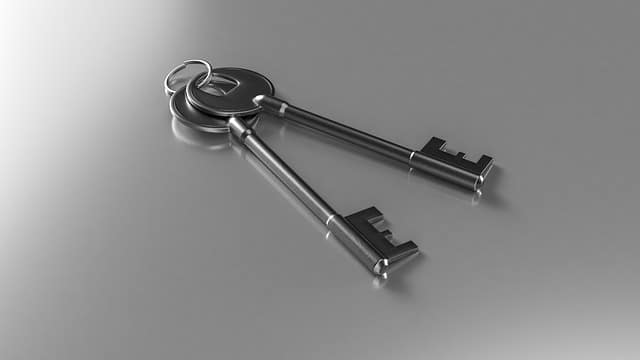Updated on March 29, 2020
During a pandemic, does the landlord still have to provide access to your leased commercial premises (office or industrial)?
The coronavirus outbreak has caused disruptions for businesses, workers, and all across California. The recent “shelter-in-place” affects all of California.
For businesses that continue to operate during this health crisis, interrupted access to your leased commercial premises may become an issue, particularly for businesses that share common areas that are managed by the landlord, such as a high-rise office building, or a shopping center.
It is important to know your rights under the lease agreement. Subject to the details of your lease, the default answer is likely yes—your landlord is still required to provide you access to your leased premises.
Your right to possession comes within your right to quiet enjoyment of the leased premises
The reason that the landlord is likely still required to provide you access to your leased commercial premises is simple:
It is implied in every lease (and sometimes expressly provided) that tenants are entitled to the right to quiet enjoyment of the leased premises. A lease of a part of a building includes the lease of everything necessarily used with or reasonably necessary for the enjoyment of the leased portion of the building. This includes the right to use all doors, entrance, and passageways open to the tenant’s use at the time the parties established the lease.
Therefore, it may be argued that a landlord’s obstruction of access to a leased premises—say, by locking all entrances and parking structures, and halting use of the elevators—may be a violation of the tenant’s right to quiet enjoyment. Moreover, how can the landlord determine what is an “essential business” such that they can deny access to a business that may be authorized to work – like a bank.
Locked out? Your remedies may be limited to damages and your duty to pay rent continues
Unless expressly provided in your lease, when a landlord impairs a tenant’s use of the leased premises without physically seizing a part of the premises, the tenant still has to continue paying rent. Rather, to recover for any violations by the landlord, the tenant may seek damages against the landlord while retaining possession of the leased property. Claims can be breach of the lease as well as a forcible detainer.
Have a question about your residential, commercial, office, or industrial lease? We can help.
For non-residential tenants, it is possible to modify or waive the right to quiet enjoyment by an express provision in the lease. Further, your standard AIR (AIR Commercial Real Estate) or CAR (California Association of Realtors) commercial lease form may not have terms that necessarily help define your rights and the landlord’s obligations during a health crisis. Please make sure to read through your lease provisions carefully and seek the advice of an attorney.
Schorr Law has attorneys who are experienced in advising clients on and litigating issues involving residential and commercial leases. If you have a question about a lease or a potential real property dispute, please contact us today.
